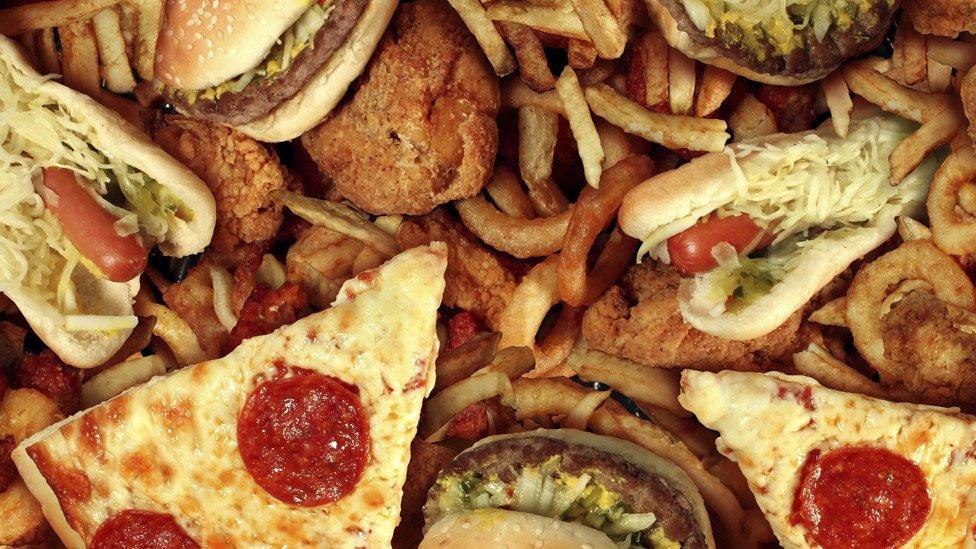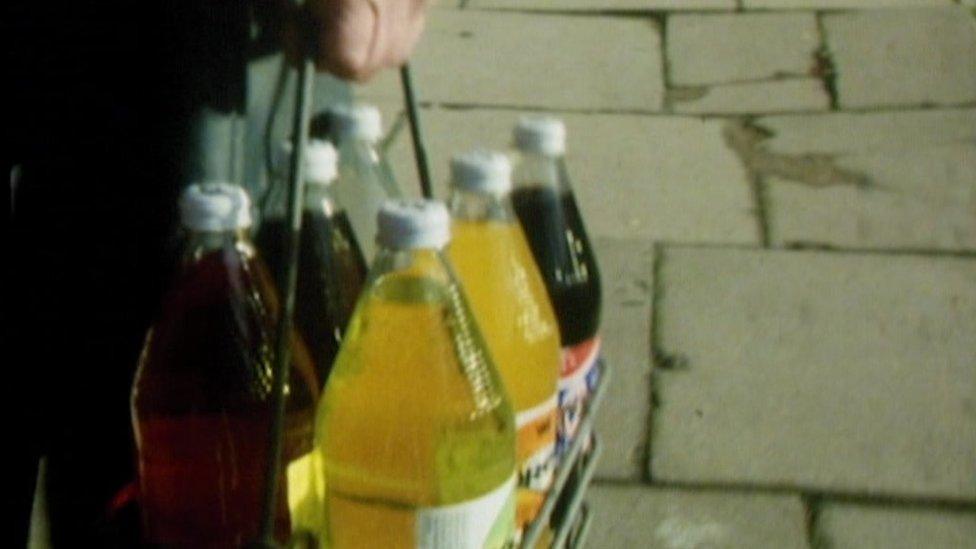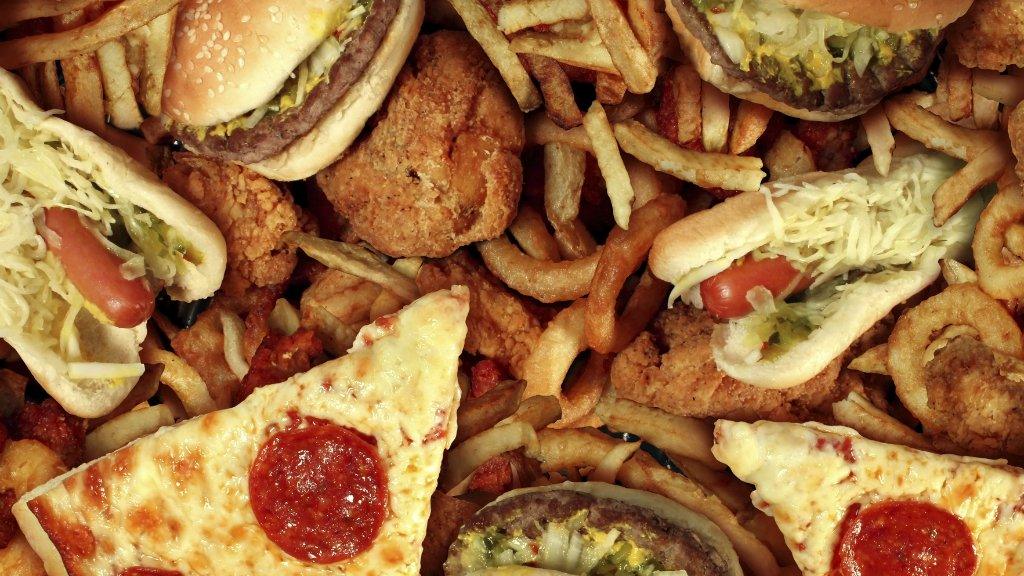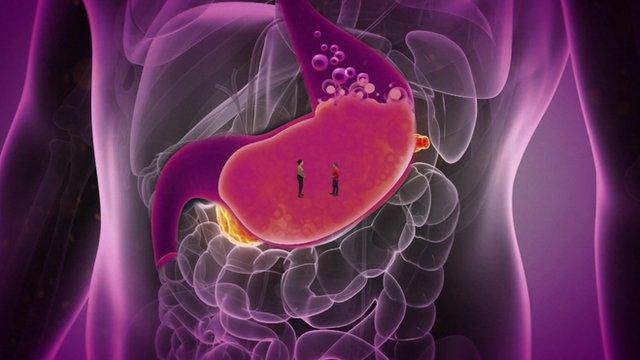Child health concern over junk food marketing
- Published

About three-quarters of all food and drink marketing seen by young people is for unhealthy products
Children are exposed to "concerning" amounts of junk food marketing, according to a study by the University of Stirling.
Researchers said about 75% of all food and drink marketing seen by 11-18 year olds was for unhealthy food.
In addition, more than 80% of the products that young people picked up at checkout promotions were high in fat, salt or sugar, the research found.
More than 2,000 schoolchildren across Scotland were surveyed for the study.
The data was obtained from the Ipsos-Mori 2014 Young People in Scotland Survey and analysed by Stirling's Institute of Social Marketing.
It showed that almost two-thirds of the 2,285 children questioned recalled seeing a food or drink promotion in the past week, with more than half responding by buying something.
'Surprising' results
However, only one in 10 of the purchases was for healthy food.
Report author Georgina Cairns, a senior researcher at Stirling University, said the study clearly showed that marketing was affecting the behaviour of young people.
"Although we knew the visibility of marketing for food and drinks high in fat, salt and sugar was high, the strength of our results was nevertheless surprising," she said.
"Retailer and marketer's food and drink promotional investments are clearly heavily skewed towards these products. As a consequence, our young people are not getting the cues they need to encourage them to make healthier choices."
Ms Cairns said promotional offers on food featured very highly in decisions to buy sweets, chocolate and sugary drinks - products commonly found at tills in supermarkets and petrol stations.
But she said there was an opportunity for marketers to use children's responses to such offers in a positive way.
"The extent of sweets, chocolate and sugary drinks being purchased at the till is concerning.
"Reducing the number or indeed completely eliminating these products from till areas could have a really positive impact on the buying behaviour and in turn the health of young people."
- Published29 November 2015

- Published8 March 2015

- Published24 March 2015
